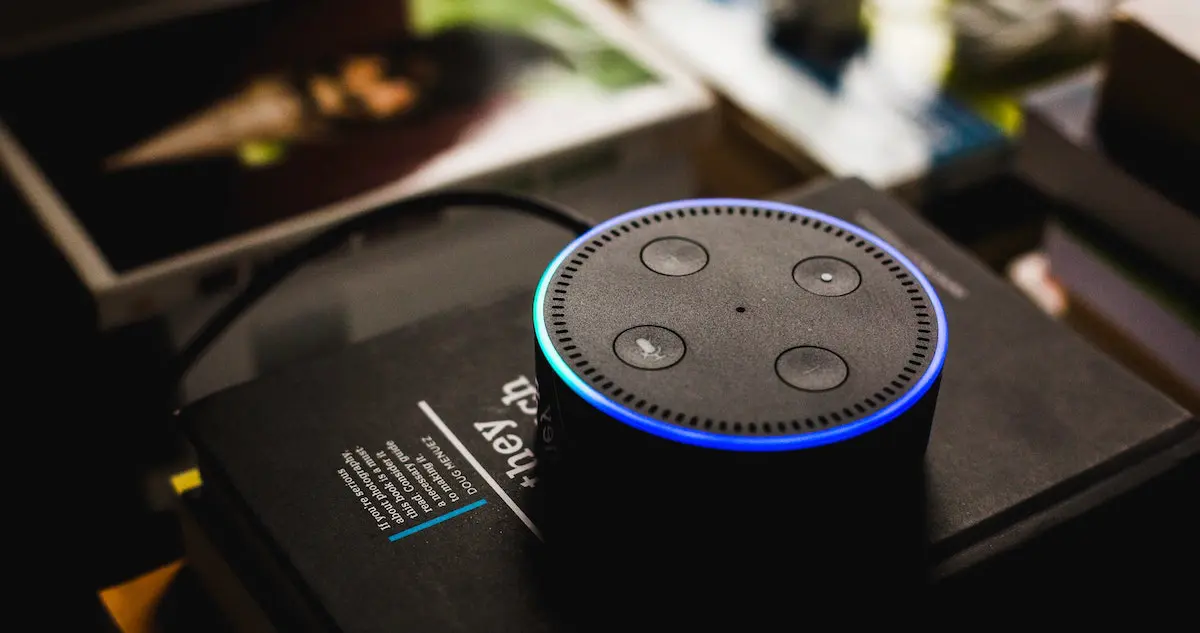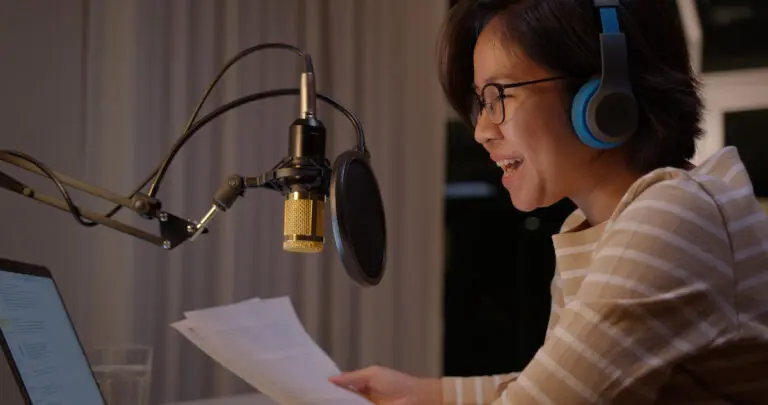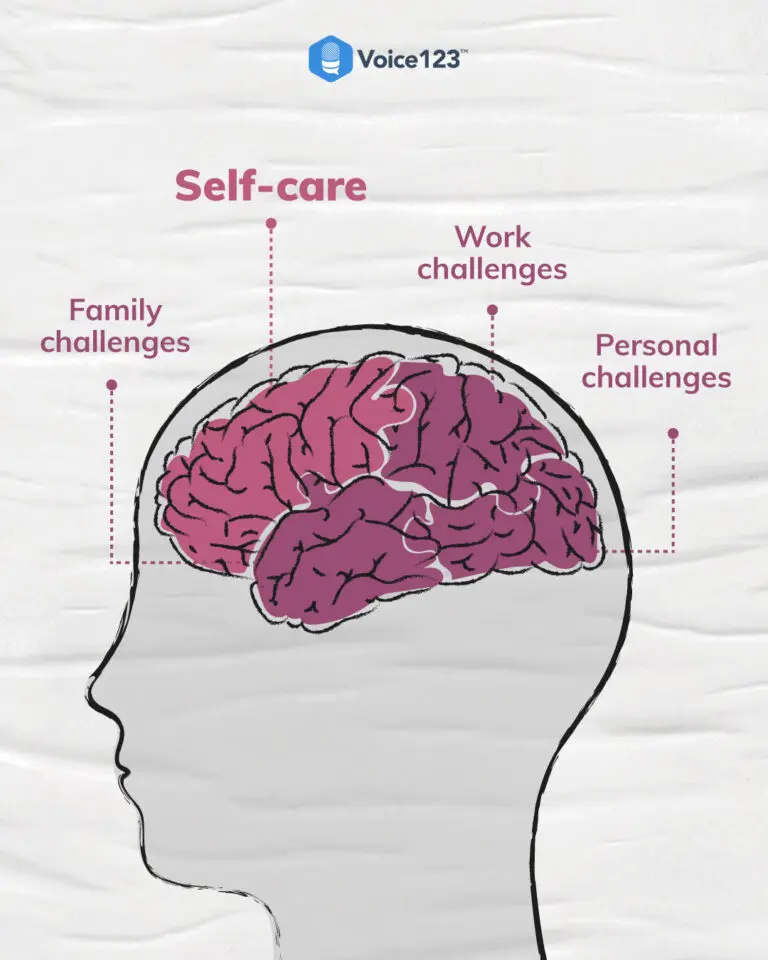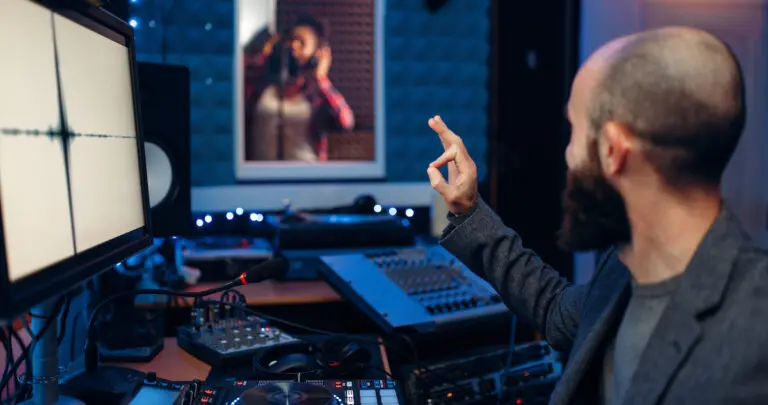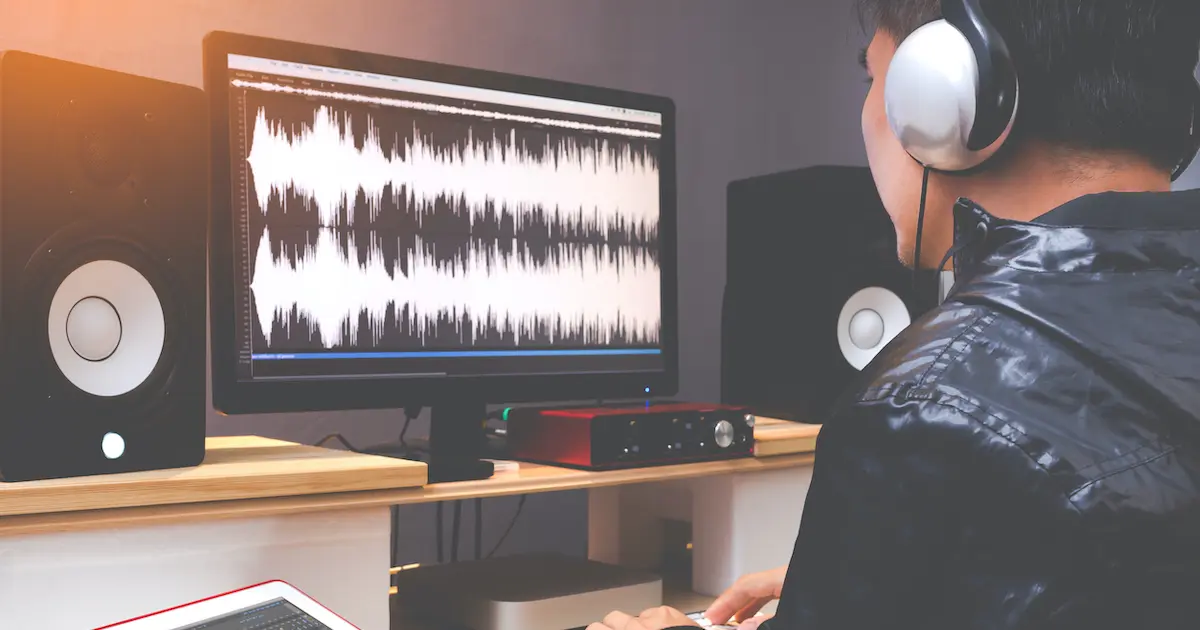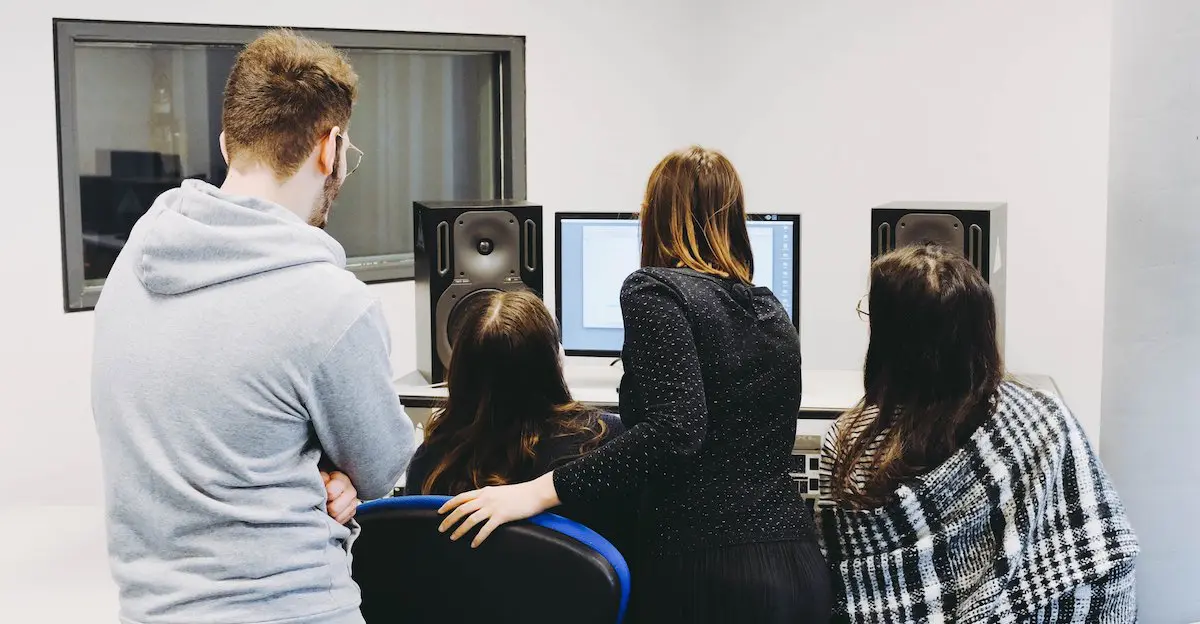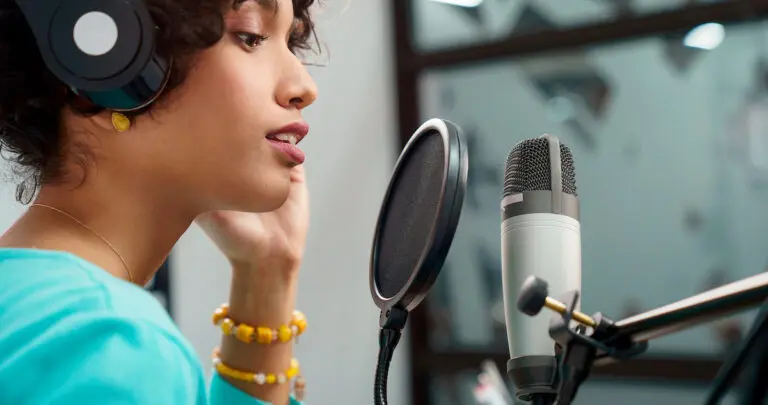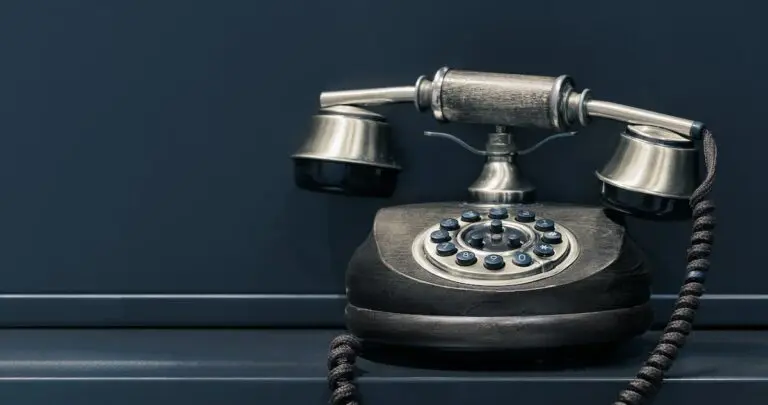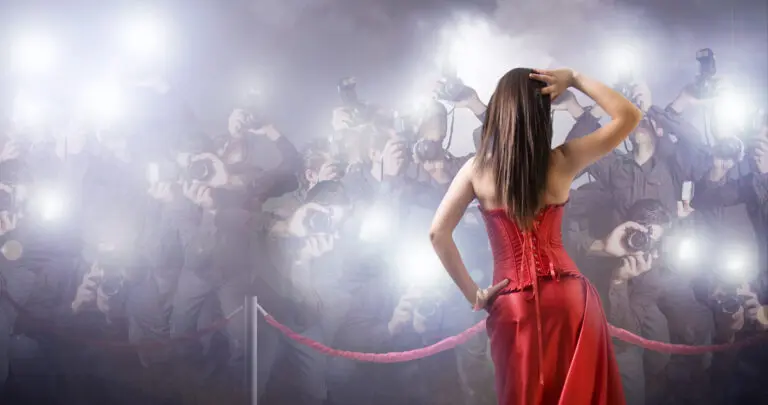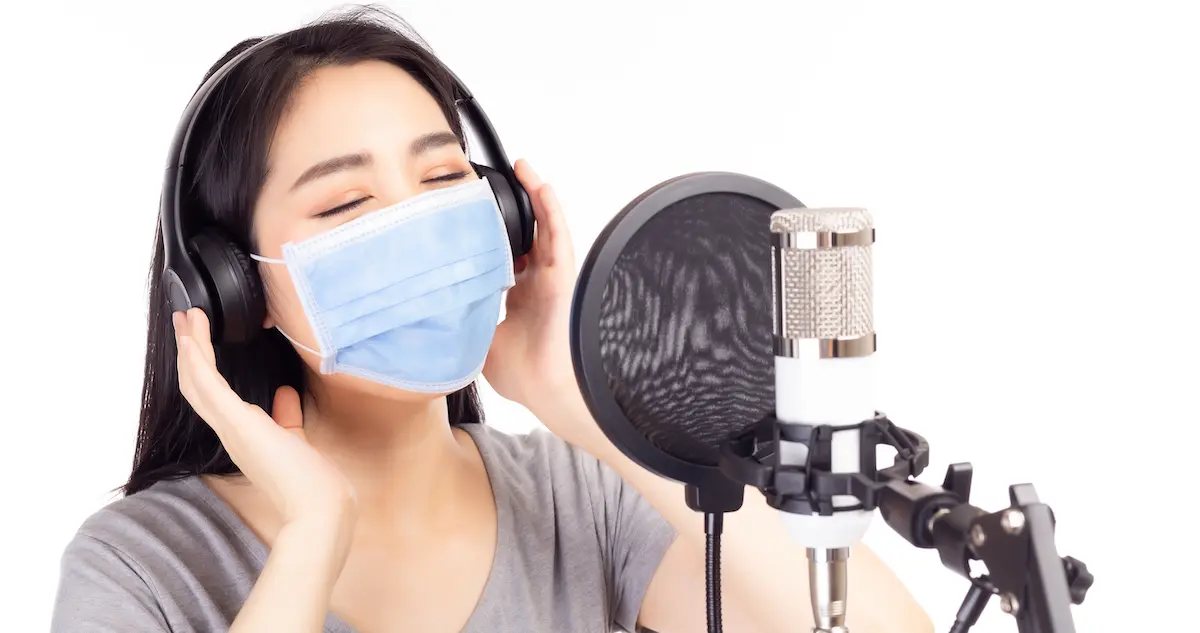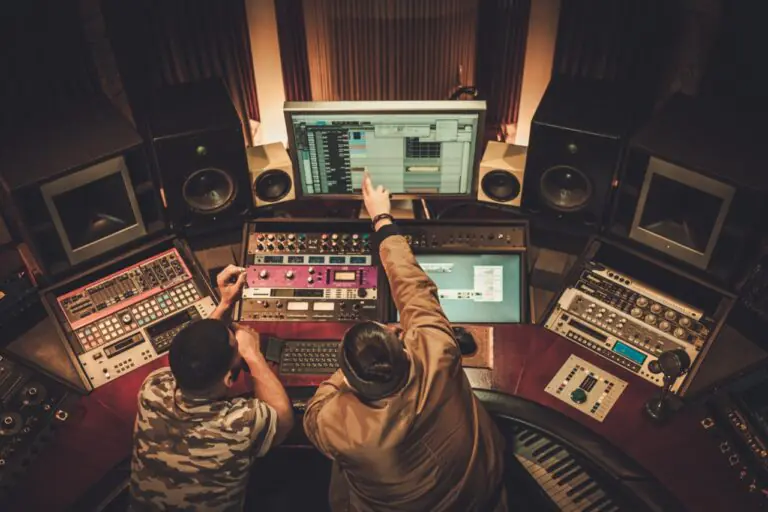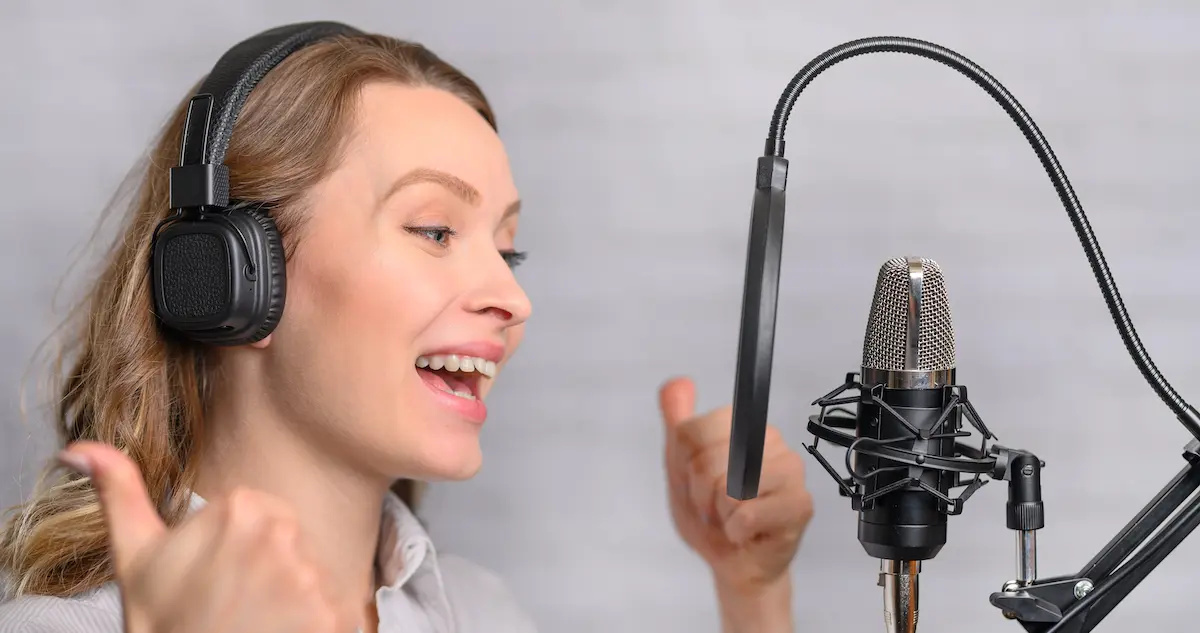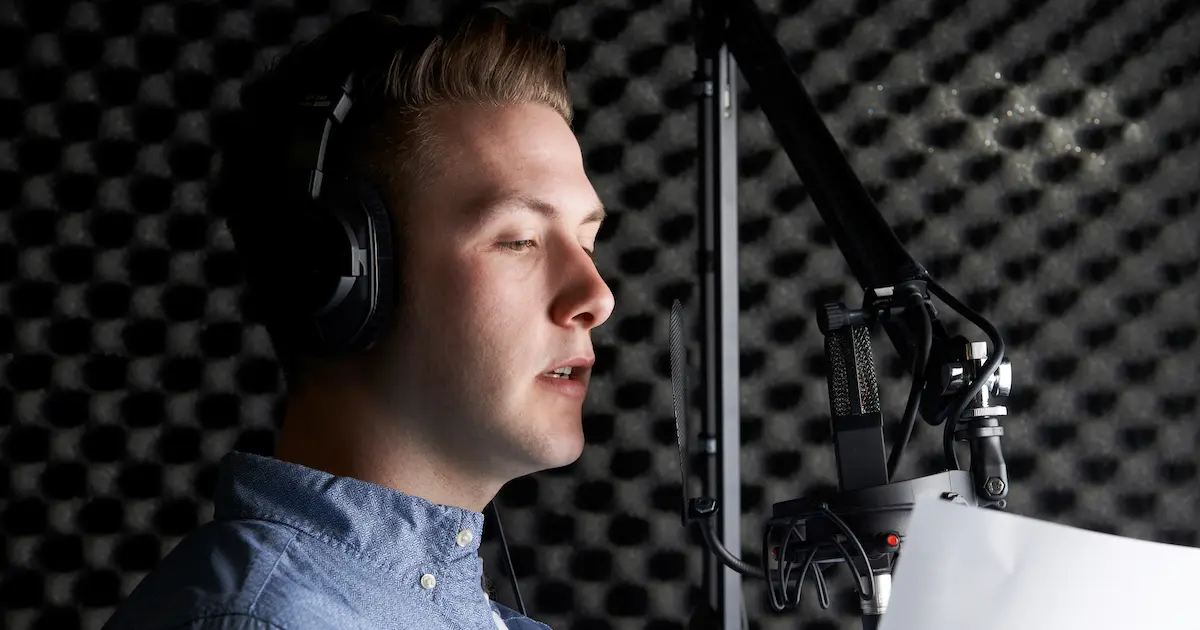There’s no doubt that voice is leading the digital space at the moment. Typing texts has been replaced by voice commands—something that shows how easily accessible information has become. But how important is a voice assistant’s vocal tone?
It’s not hard to find out. Amazon’s Alexa, Google’s Assistant, Microsoft’s Cortana, and Apple’s Siri are examples of digital assistants that have become not only a part of our daily lives, but a part of our culture.
If you’re thinking of hiring a voice actor so you can use interactive voice commands as part of your customer service offering or even on your website, vocal tone can be make or break.
The voice’s influence on perception
When it comes to the type of voice overs of voice assistants, there’s been an intriguing debate. The developers created Apple’s Siri as a genderless assistant. Different voice options are available to different countries. Everything about it is configurable. However, irrespective of the implicit gender of voice assistants, there’s certainly an influence on the perception of listeners.
One study conducted by Voicebot found that people have a significant inclination towards female voices. However, there’s a preference for male voice overs for voice assistants too, as per the study.
Male or female?

Gender-based voice preference varied depending on whether the voice over was synthetic or human. There’s also an inclination towards female synthetic voices over their human counterparts. The differences in preferences often stem from the religions and sociocultural differences that prevail across the globe.
Google Assistant and Apple’s Siri have had both male and female voice over options for years. On the other hand, Microsoft and Amazon only had a female-gendered voice assistant until very recently. Sadly, Amazon won’t reveal when they’re including a male voice if you’re tired of listening to Alexa. Apparently, you may expect to hear it fairly soon on a smart device near you!
It would be apt that say that as far as the majority of consumers are concerned, female voice assistants rule.
How are voice assistant voices chosen?
For some folks however, the default female voice assistants sound annoying because they seem to be stereotypical if not subservient-type female voices. The female voice has a higher pitch—something that seems to instill a greater degree of confidence than lower-pitched male voices. Also, female voices sound more comforting and soothing. They’re regarded as a lot less commanding and authoritarian.
Of course, voice perception is a subjective concept. What someone may perceive as perfect-sounding may be perceived differently by someone else. This is the reason why developers are offering users a selection of voices to choose from as a default option.
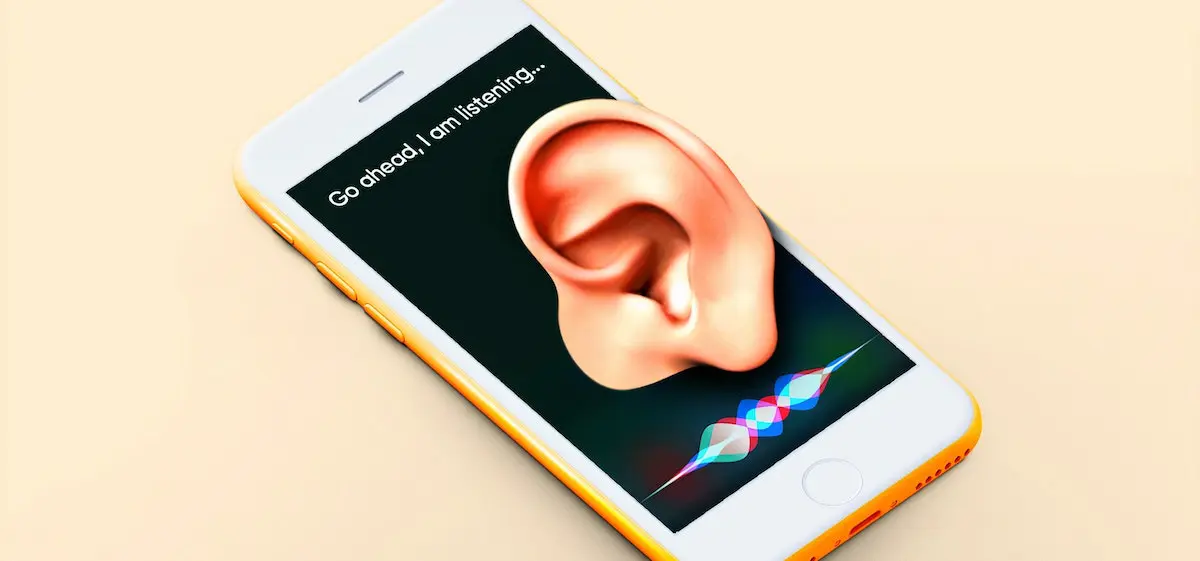
For Apple’s Siri, there’s additional criteria at play. When choosing voice overs for the voice assistant, the developers made sure there was a compatibility between vocal tone and the voice assistant’s projected personality.
Google’s Assistant has John Legend’s voice—something that reveals celebrity status plays a part in the choice of the assistant too!
How about the recording process?
The recording process can take between ten to twenty hours — if not longer. There are heaps of different voice over scripts, which include short question responses, navigation instructions, and audio books, and so on.
The voice samples collected for recording aren’t sufficient to create a fully-fledged voice assistant. After editing and chopping up the speech into different components, sophisticated software algorithms need to arrange everything into new phrases and words. The key to achieving success through positive voice perception is by ensuring that these new phrases or words sound as human as possible.
What voice should you choose?
The short answer is: one that suits your purpose and your target audience. Remember that the voice you choose to interact with your customers will automatically represent your brand. It will be your brand voice. Choosing the wrong one can therefore be catastrophical. Choosing several options of both genders and then field-testing them before making a final decision would probably be wise. Whatever the case may be, you’re sure to find the perfect voice on Voice123!
And finally…
There’s no doubt that artificial intelligence driven voice assistants are the future. As technology improves, they are likely to become ubiquitous. To what extent synthesized voices may start invading the Voice over industry as we know it is quite the debate on websites and in discussion groups everywhere.
Only time will tell!

